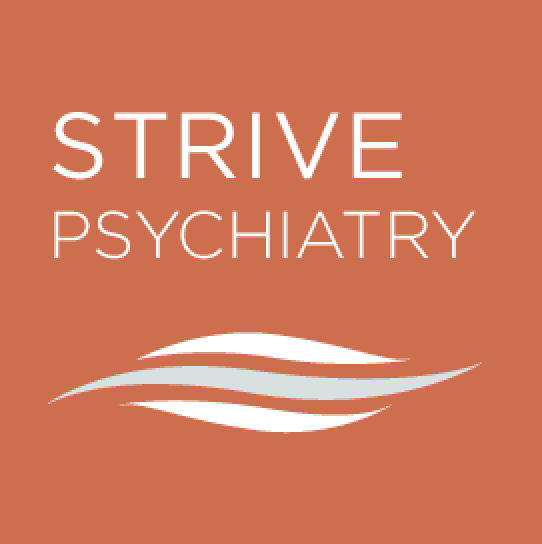Body Dysmorphic Disorder (BDD) is a mental illness that causes an individual’s self-perception to become distorted. Those with BDD fixate on perceived flaws in their physical appearance which they deem abnormal, unattractive, or deformed. These perceived imperfections are often not noticeable to others but are no less distressing to the individual. Because of this, those with BDD often check their reflections in the mirror, make self-deprecating comments, and/or attempt to fix the flaws with body modification. Interestingly, studies show that those who receive cosmetic surgery often feel no relief from BDD.
This condition causes significant distress and often manifests alongside other mental disorders, such as major depression, OCD, and substance abuse. Having BDD is not the same as having an eating disorder, but both conditions can exist in a patient simultaneously.
